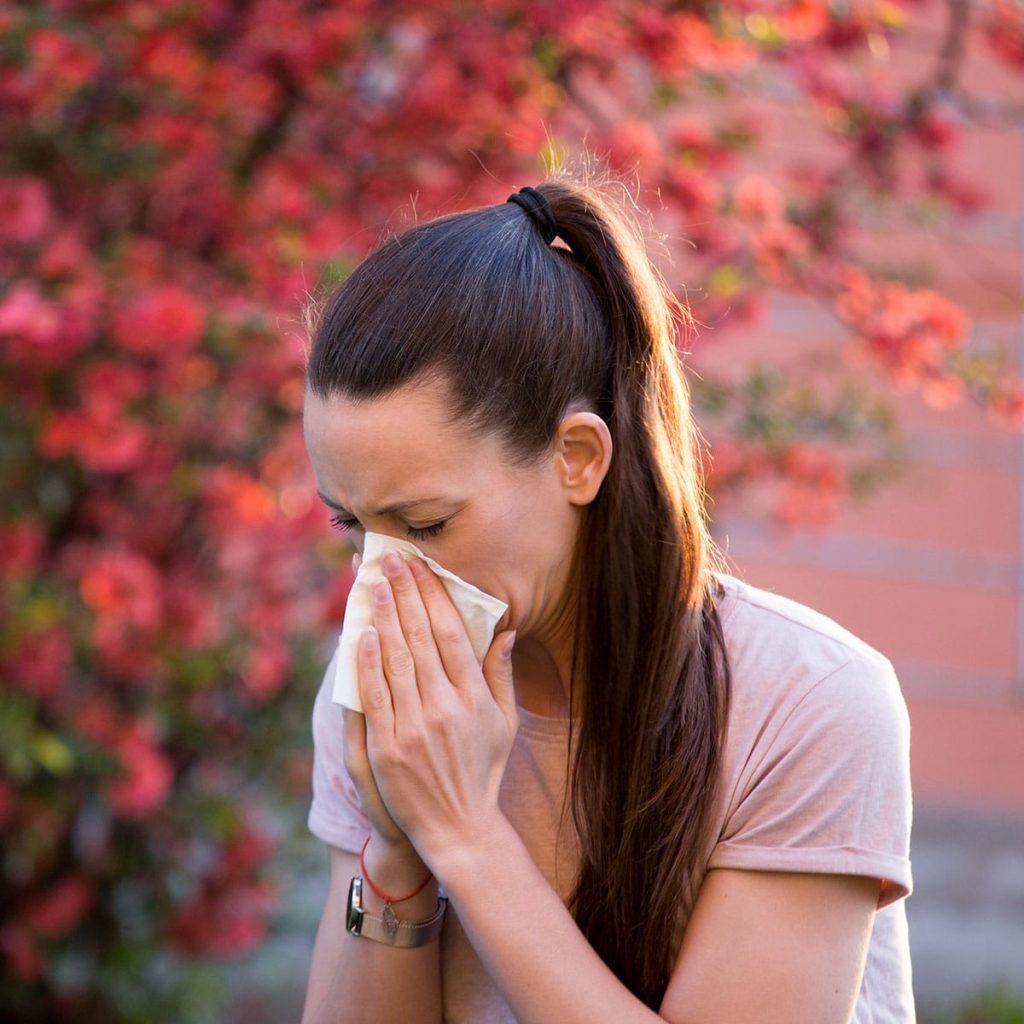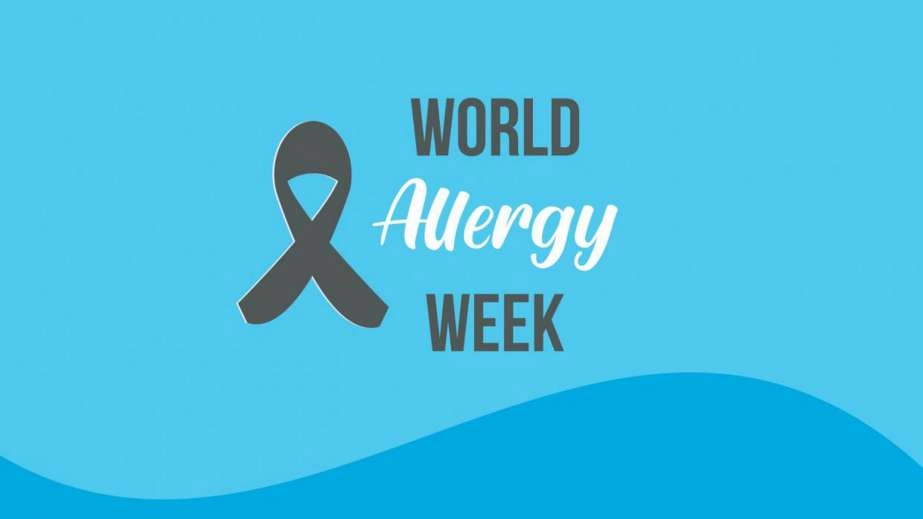Every year on July 8th, we are reminded to pay attention to subtle bodily reactions and seemingly minor yet significantly impactful health issues—World Allergy Day. This global initiative was launched in 2005 by the World Allergy Organization (WAO) in collaboration with relevant medical institutions worldwide. The goal is clear: to raise awareness about allergic diseases and collectively work towards preventing allergic reactions, particularly the onset and progression of allergic asthma.
To many people, allergies might just mean sneezing fits, runny noses, itchy eyes or some skin rashes. While these symptoms aren’t deadly, they can disrupt daily life by affecting sleep quality or reducing productivity at work or school. They may also limit social interactions or outdoor activities. However, allergies go beyond these minor inconveniences; they encompass conditions like rhinitis (hay fever), eczema (atopic dermatitis), food allergies—and in severe cases—life-threatening anaphylactic shock.
Allergies occur when the body’s immune system overreacts to typically harmless substances like pollen grains from plants or dust mites found in homes; pet dander from animals; certain food ingredients; or even medications—mistaking them for harmful invaders. With changes in environment & lifestyle patterns today—the incidence rate for allergy-related conditions has seen a global surge affecting millions worldwide.

Allergic asthma—a condition closely linked with allergies—is triggered when allergens enter airways causing inflammation & constriction leading to coughing spells; wheezing sounds during breathing; chest tightness & shortness-of-breath episodes which could escalate into severe attacks requiring urgent medical care hence understanding triggers & managing responses becomes vital here too!
World Allergy Day exists primarily so people become aware about these health challenges urging everyone not dismiss any signs their bodies show regarding potential allergen exposure but rather know what triggers them take preventive steps seek timely expert advice/treatment if needed thus improving overall quality-of-life significantly!
This observance also stresses ‘collective prevention’ efforts which means beyond personal care it involves societal responsibilities like enhancing public hygiene standards reducing pollution levels spreading accurate scientific info on diagnosing/treating allergies etc encouraging continued research within medical community towards discovering better safer therapeutic options ultimately benefiting all!
So July 8th serves as reminder for self-care attentiveness towards bodily signals emphasizing importance handling common yet serious conditions proactively ensuring healthier happier living experiences!
